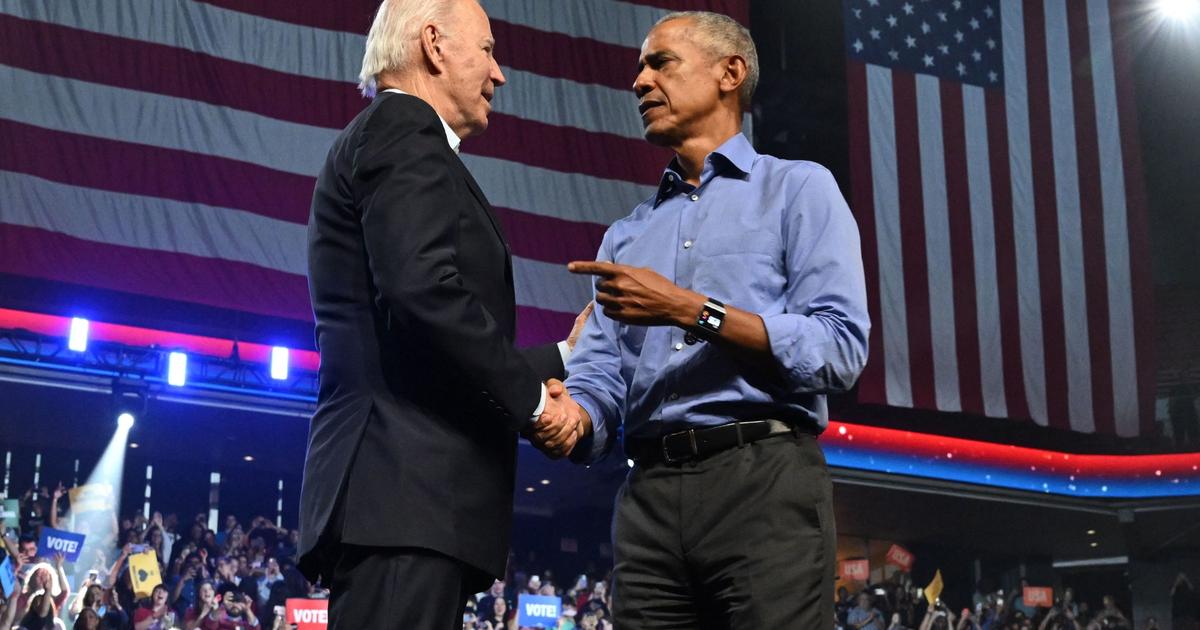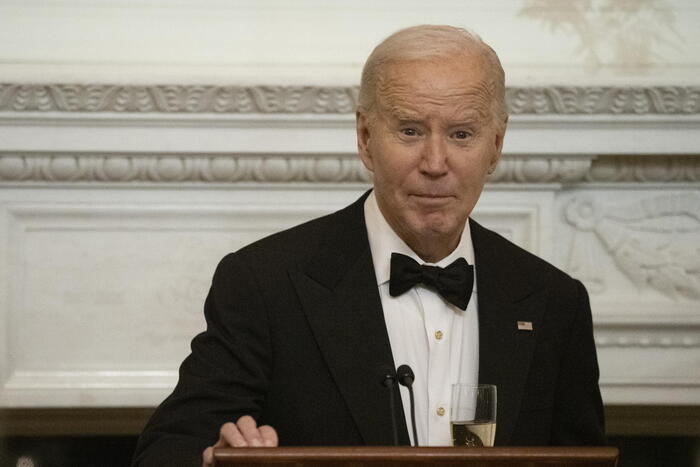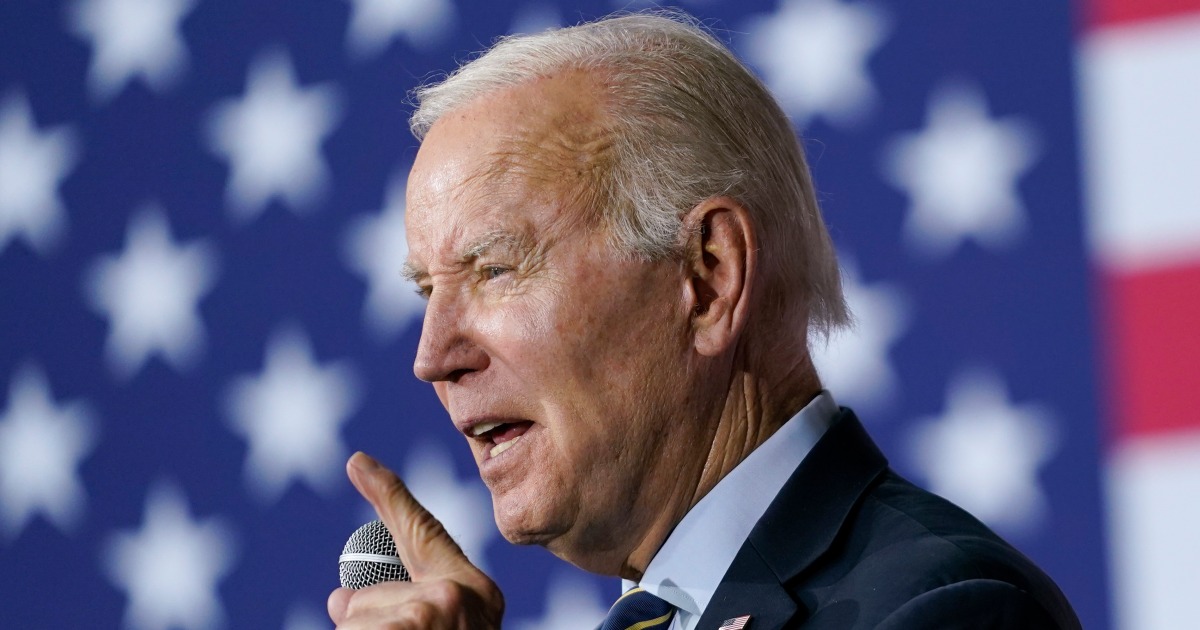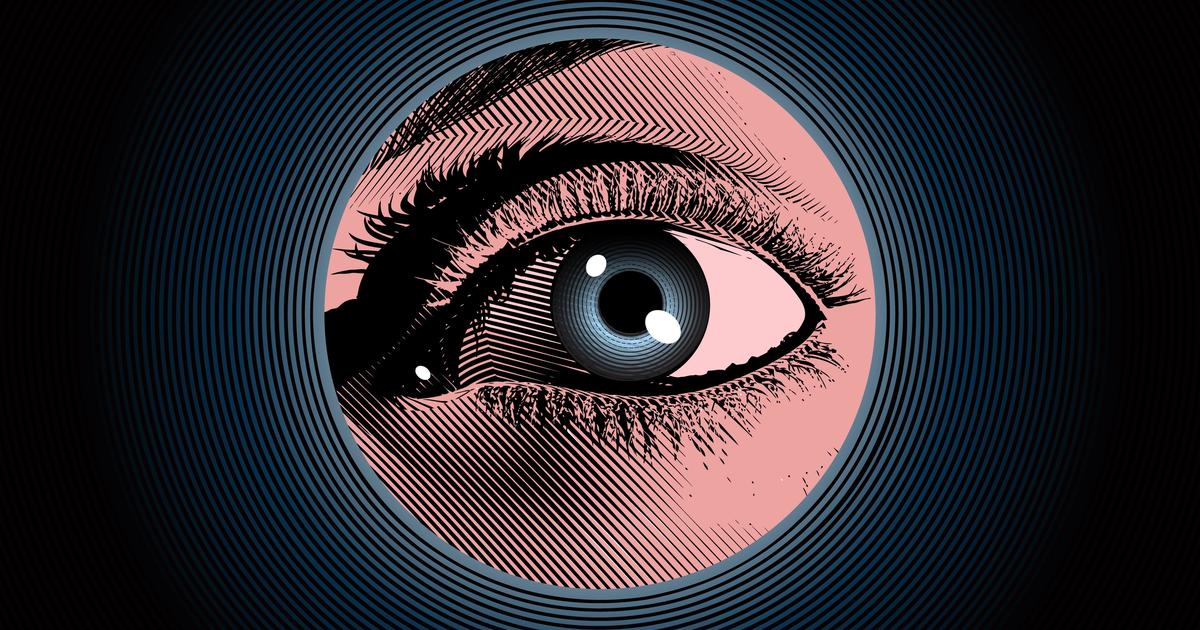The other day, a Republican member of Congress said something epically stupid.
No, I'm not referring to Marjorie Taylor Greene's warning about Nancy Pelosi's "gazpacho police."
I am referring to Congressman Thomas Massie of Kentucky, who tweeted an original argument against universal healthcare: “More than 70% of Americans who died with covid died within the Medicare program.
And is there anyone who wants #
MedicareForAll
?
To elaborate on a point that should be obvious, Medicare recipients have been particularly vulnerable to covid because they typically suffer from a serious underlying condition: advanced age.
Maybe Massie should have looked at Canada instead, which has single-payer health insurance for all, even called Canadian Medicare.
Well, it turns out that Canada has only had about a third of the Covid deaths per capita that we have.
More generally, Canadians can expect to live an average of almost four and a half years longer than Americans despite health spending per person being roughly half that of the United States.
In any case, whatever its intellectual merits, in political practice Medicare for All is not coming to the United States any time soon.
What is really at stake in the political arena are more gradual regulatory changes that, however, can have a huge impact on health.
And the partisan divide on health policy is as wide as ever.
Massie's statistical blunder has been a reminder that Republicans continue to hate government programs that help Americans pay for health care.
I wonder how many voters remember how close the Trump administration came to repealing the Affordable Care Act, a move that the Congressional Budget Office estimates would have left 32 million Americans without health insurance? .
The attempt failed only because three Republican senators had the courage to stand up to Donald Trump.
Does anyone imagine that we will witness a similar display of courage if a party that considers a violent attack on Capitol Hill to be "legitimate political speech" regains control of Congress and the White House?
Closer in time, if this November the Republican Party regains control of either house of Congress, it is almost certain that we will see some reversal of the major health gains that have taken place under President Biden.
Oh, that he hasn't heard about those advances?
I'm not surprised.
Healthcare is one of the huge but hidden successes of Biden's first year.
The story so far: Obamacare, which was enacted in 2010 but didn't go into full effect until 2014, was and is a bit of a Rube Goldberg gimmick.
Instead of just paying Americans' medical bills, he expanded the Medicaid program while using regulations and subsidies to encourage the expansion of private insurance.
Although it fell far short of guaranteed universal coverage, it did result in a significant reduction in the percentage of non-elderly Americans not entitled to health care.
Trump, as I have said, unsuccessfully tried to reverse this achievement.
However, he presided over a gradual deterioration in health coverage that probably reflected a more discreet strategy of sabotage on multiple fronts.
Despite this erosion, the core of the Affordable Care Act remained intact.
In 2020, the law proved its true worth by helping (with the support of federal emergency programs) maintain health coverage despite huge job losses.
And the Biden administration has taken steps to strengthen the program.
It has increased its reach to potential enrollees, something Trump officials had slashed, while the American Bailout substantially expanded subsidies to citizens who buy insurance on health care marketplaces.
According to the National Survey of Health Insurance, the percentage of non-elderly Americans without health insurance dropped significantly between the fourth quarter of 2020 and the third quarter of 2021, returning to almost its pre-Trump low.
The next few months look like they are going to be even better.
Enrollment in the Affordable Care Act marketplaces is limited to a few months a year to prevent people from waiting until they're sick to buy insurance.
The enrollment season for 2022 coverage is almost over, and the numbers are a hit: the number of Americans signing up is higher than ever.
We will still not have a guarantee of universal health care like the other advanced countries have managed to provide their citizens, but we are getting closer.
Unfortunately, this step forward faces enormous political dangers.
The rescue plan provides for only two years of increased subsidies;
Unless Democrats quickly pass an extension or control both houses of Congress, the subsidies will soon be gone.
And if the Republicans win unified control in 2024, they will surely return us to the time when health insurance was only available to people who had jobs that paid them good benefits, or impeccable medical records that made them attractive to private insurers.
So I hope that people remember what we almost lost in 2017 and understand that, although Republicans don't talk about it much now, healthcare is still something to keep in mind when voting.
Paul Krugman
is a Nobel laureate in economics.
© The New York Times, 2022. Translation of News Clips
Exclusive content for subscribers
read without limits
subscribe
I'm already a subscriber

/cloudfront-eu-central-1.images.arcpublishing.com/prisa/64QQH6A4JRHV3L6T5ZYR5LJSNQ.jpg)













